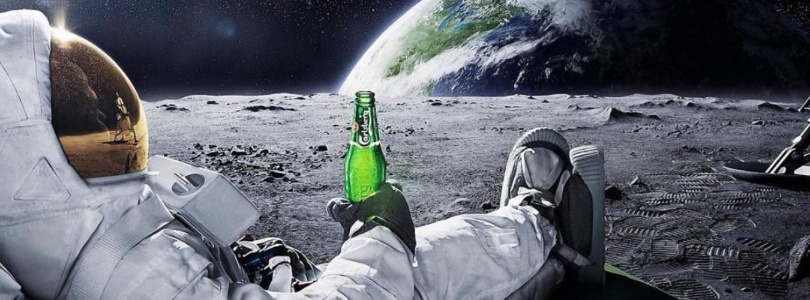Billionaires in science and technology all over the world are creating a new kind of capitalism: Muskism
Elon Musk has publicly stated that the probability of human beings living in the so-called real world is only one in a billion. In other words, he believes that humans have a great probability of living in a simulated world. However, Musk does not seem to be eager to break this bondage. Instead, he is building his own science fiction world with Mars, the moon, and meta-universe as the core, and trapping all of us in it.
In the last week of October this year, Microsoft co-founder Bill Gates celebrated his 66th birthday in a bay off the coast of Turkey. He used a private helicopter to send guests on a rented yacht to a Beach resort . These guests included Jeff Bezos (Jeff Bezos), who flew back to his yacht after the party. Of course, this is not the “superyacht” Bezos is building with $500 million.
As the world’s richest man, Musk did not attend this event. He is most likely to stay in Texas, and his space company SpaceX is preparing for the rocket launch. Meta CEO Mark Zuckerberg (Mark Zuckerberg) was also not there, but the day after the Gates party ended, he announced his meta-universe plan. In the metaverse, wearing a helmet and equipment isolated from the real world, you can become a 3D avatar and do many things in the virtual world, such as going to a party on a remote Aegean island, or boarding a yacht or taking a rocket. Just like other super rich.
The meta universe is both an illustration of a broader and more disturbing turning point in the history of capitalism, and a distraction from this turning point. Billionaires in science and technology all over the world are forging a new kind of capitalism: Muskism. Musk, who likes to attack opponents, laughs at Zuckerberg’s meta-universe vision, but from Mars, the moon to the meta-universe, everything seems to be related to Muskism. In this extreme extraterrestrial capitalism, it is not so much revenue expectations that drive the rise in stock prices, as it is fantasy in science fiction.
The term meta universe comes from the 1992 science fiction novel “Avalanche” by best-selling author Neal Stephenson, but the idea is much older. In the “Star Trek” (Star Trek) series, Bezos was very obsessed with the so-called “holodeck” as a child. Last month, Bezos sent the actor William Shatner (William Shatner), who played “Captain Kirk” in the movie, into space. Billionaires have read stories about creating the world when they were children, and now they are rich enough to create the world, and the rest of us are trapped inside.
Strangely, Muskism is a luxurious form of capitalism, which is inspired by stories that accuse capitalism. At Amazon Studios, Bezos tried to adapt the space opera series “Culture” by Scottish writer Iain Banks into a TV series. Zuckerberg put a volume of this book on the list of books he thought everyone should read. Musk once wrote on Twitter: “If you must know, I am the utopian anarchist that Banks describes.”
There is no denying that these people are very smart, and you can feel that they have actually read these books. Gates did not participate too much in all this, he once said “I am not a Martian.” Gates admitted that he read a lot of science fiction as a kid, but most of them have been left behind. Frankly speaking, Muskism seems to contain many misunderstandings.
Muskism originated in Silicon Valley in the 1990s, when Musk dropped out while studying for a PhD at Stanford University and founded his first company, and then his second company, X.com. As the gap between the rich and the poor widens, the claims of Silicon Valley start-ups are becoming more and more exaggerated. Google opened a research and development department called X, with the goal of “solving some of the most difficult problems in the world.”
Source: https://coinyuppie.com/from-mars-the-moon-to-the-metaverse-musk-is-building-a-science-fiction-world/
